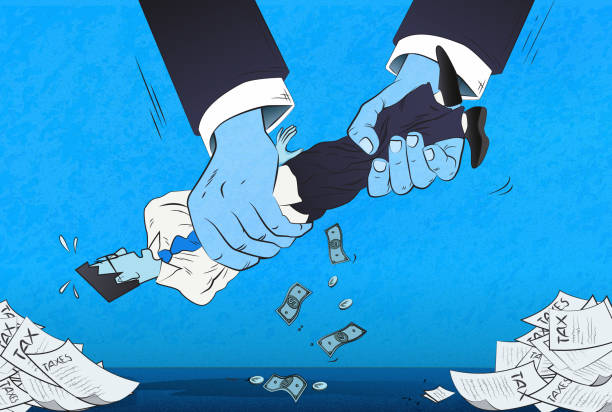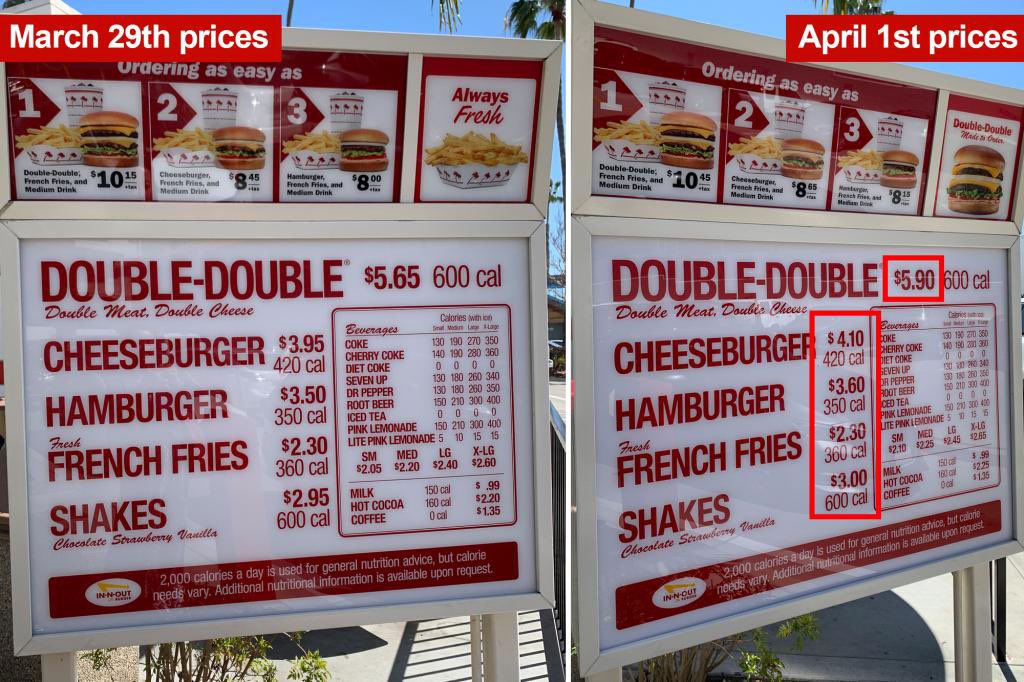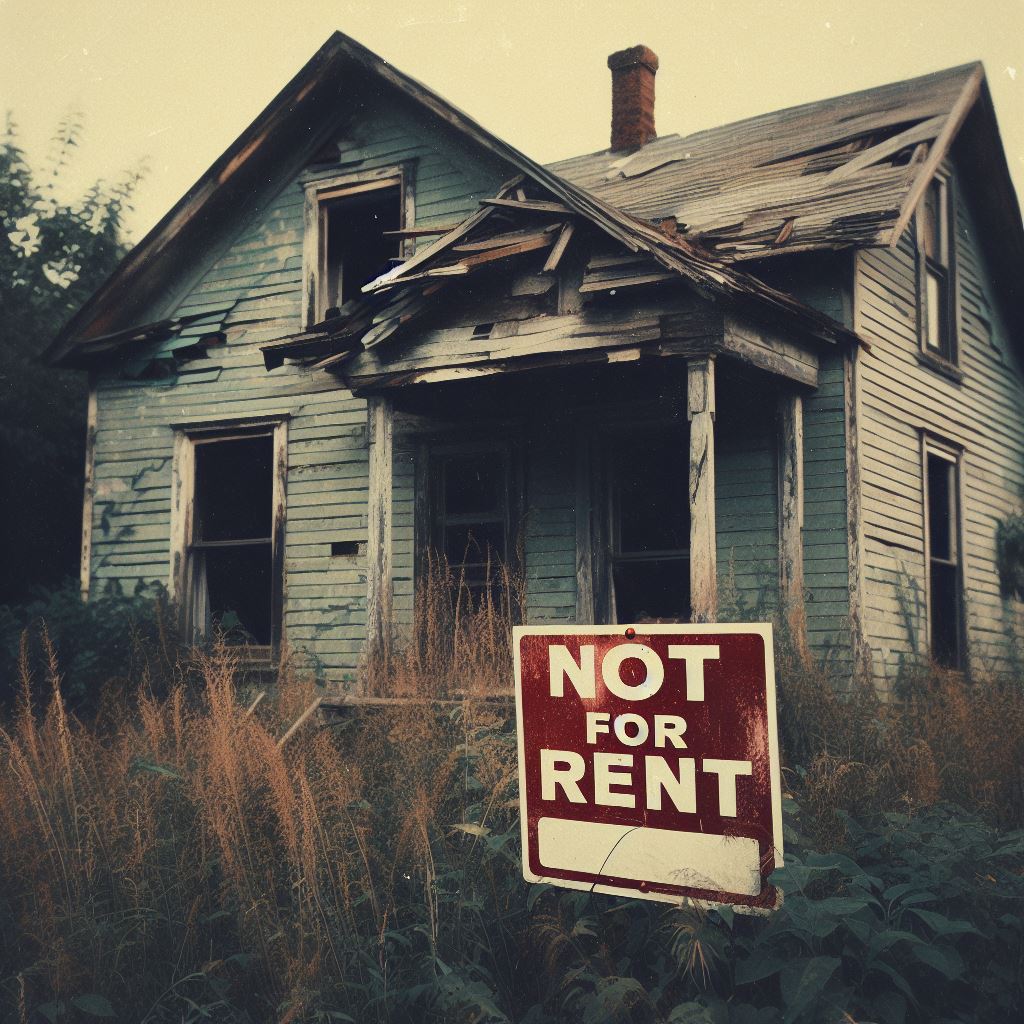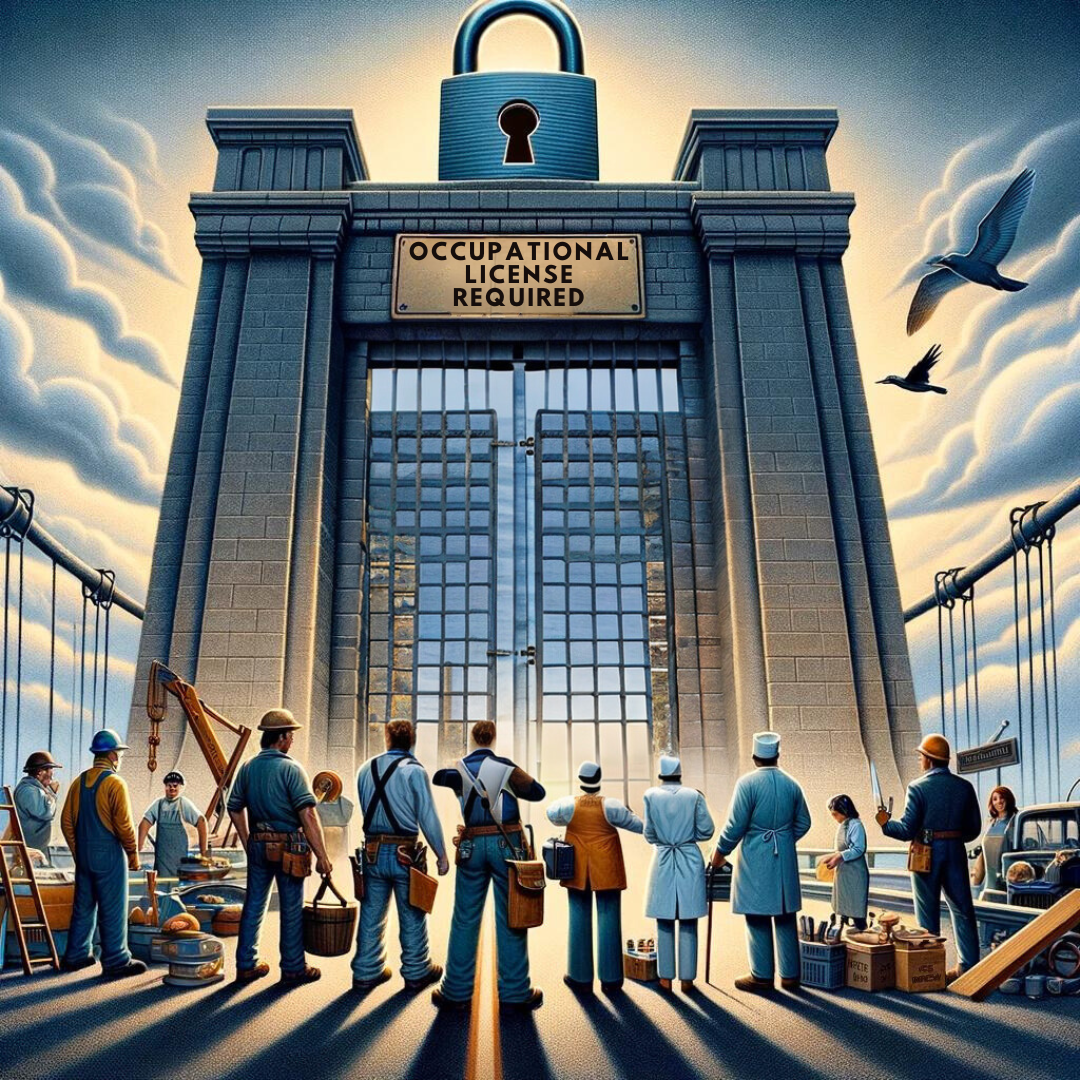Yakima boasts nation's third highest “real” minimum wage; $15 Now wants more
As voters in Tacoma and Spokane prepare to decide whether to increase their cities’ minimum wage, $15 Now has set the rural city of Yakima in its sights.
The union-backed movement plans a rally today in Yakima to launch their campaign to force employers in that city to pay all workers a $15 minimum wage. The group, Working Washington, has called for Yakima's agricultural, fast food and other entry-level-wage workers to join them in demanding the same $15 wage as workers in Seatac and Spokane.
Yakima workers already enjoy one of the nation’s highest “real” minimum wages after adjusting for the city’s low cost of living. According to a recent report by SmartAsset, once the cost of living has been considered, the city of Yakima has the third highest “real” minimum wage of any U.S. city. Adjusting Yakima’s current $9.47 minimum wage to the city’s cost of living, workers in Yakima make the equivalent of $9.69 per hour:
"The Yakima Valley produces a significant portion of the nation’s apples and hops and the city of Yakima is the region’s economic hub. Minimum wage workers in Yakima earn $9.47 an hour, but when considering the city’s slightly lower-than-average living costs that is equal to $9.69 in purchasing power. That’s the third highest real minimum wage in the country."
In fact, three cities in Eastern Washington occupy the top three spots for U.S. cities with the highest “real” minimum wage. Kennewick tops the list at number one, with Spokane coming in second.
Says SmartAsset: “It’s good to live in Eastern Washington.”
But it isn’t good for every worker. According to the Bureau of Labor Statistics, Yakima’s unemployment rate is a high 6.8%, compared to the state’s overall rate of 5.3%. Spokane’s unemployment rate is slightly better at 6.6%, with Kennewick at 6.5%. Those unemployed workers will not benefit from a $15 wage mandate.
Forcing employers to pay a $15 minimum wage will not encourage employers and entrepreneurs to create more jobs. It will, of course, do the opposite. Employers will look for ways to offset the artificially high labor costs—by increasing prices, reducing workers’ hours and benefits, or automating. A plethora of studies have made this correlation, finding the greater the wage hike, the greater the negative impact on employment, especially for the lowest skilled workers. Of course, that does not even take into consideration the unquantifiable number of jobs that will never be created because would-be business owners decide it just isn't worth it given such high labor costs.
The minimum wage that workers earn in Yakima already buys more than all but two other cities in the nation. And while some Yakima workers who have a job may benefit from earning even more with a $15 wage law, it comes at the cost of even fewer employment opportunities for those still looking. Workers in Yakima need more job opportunities, not a higher wage.






